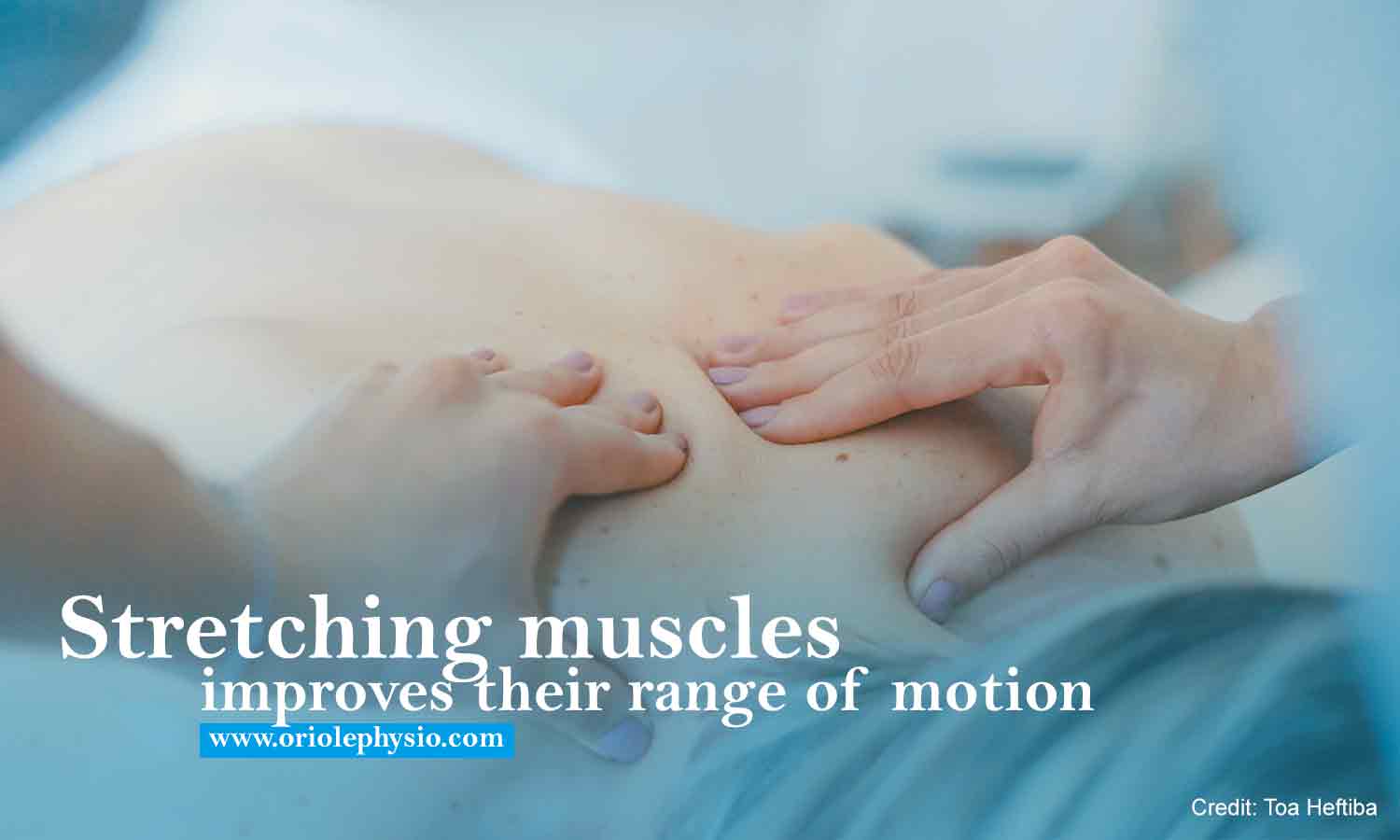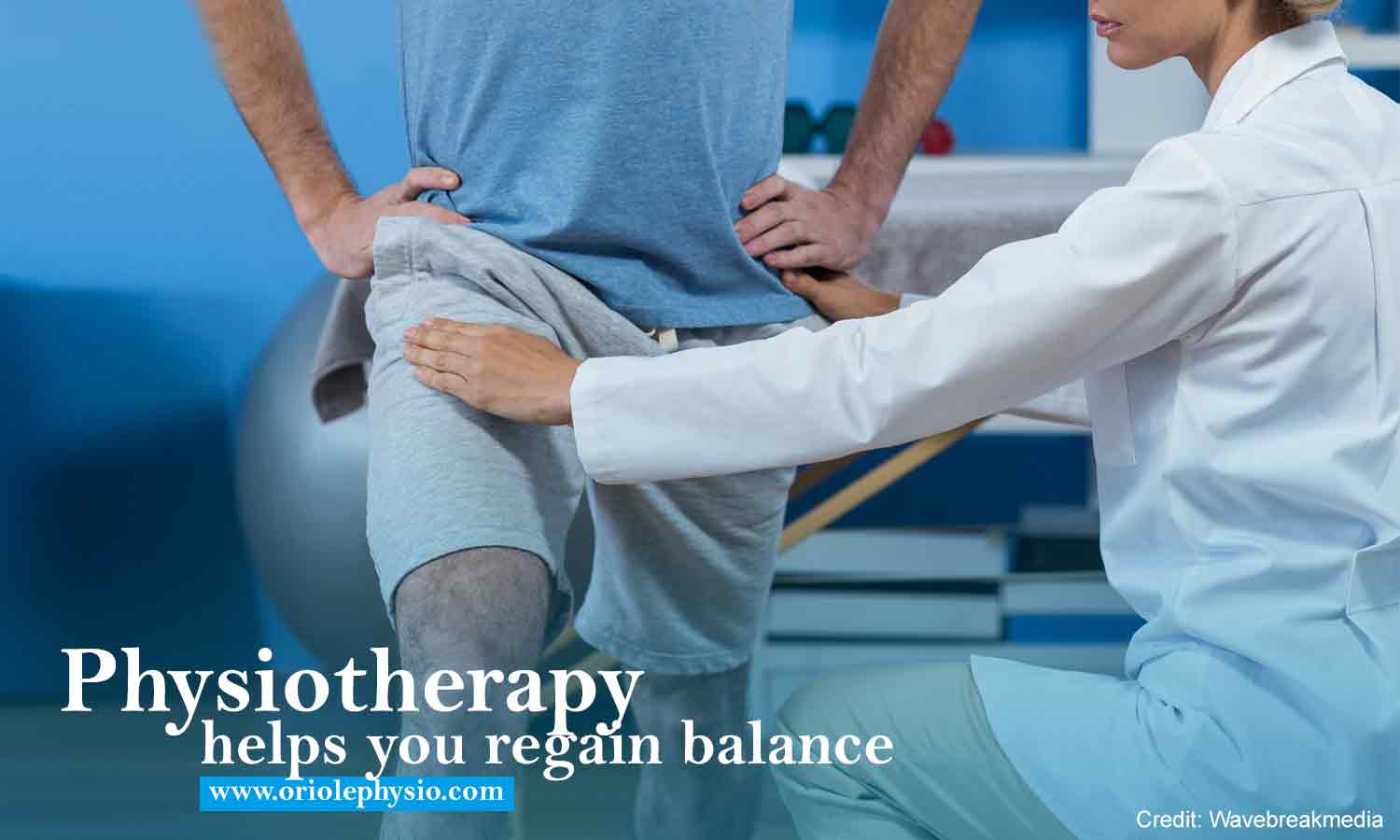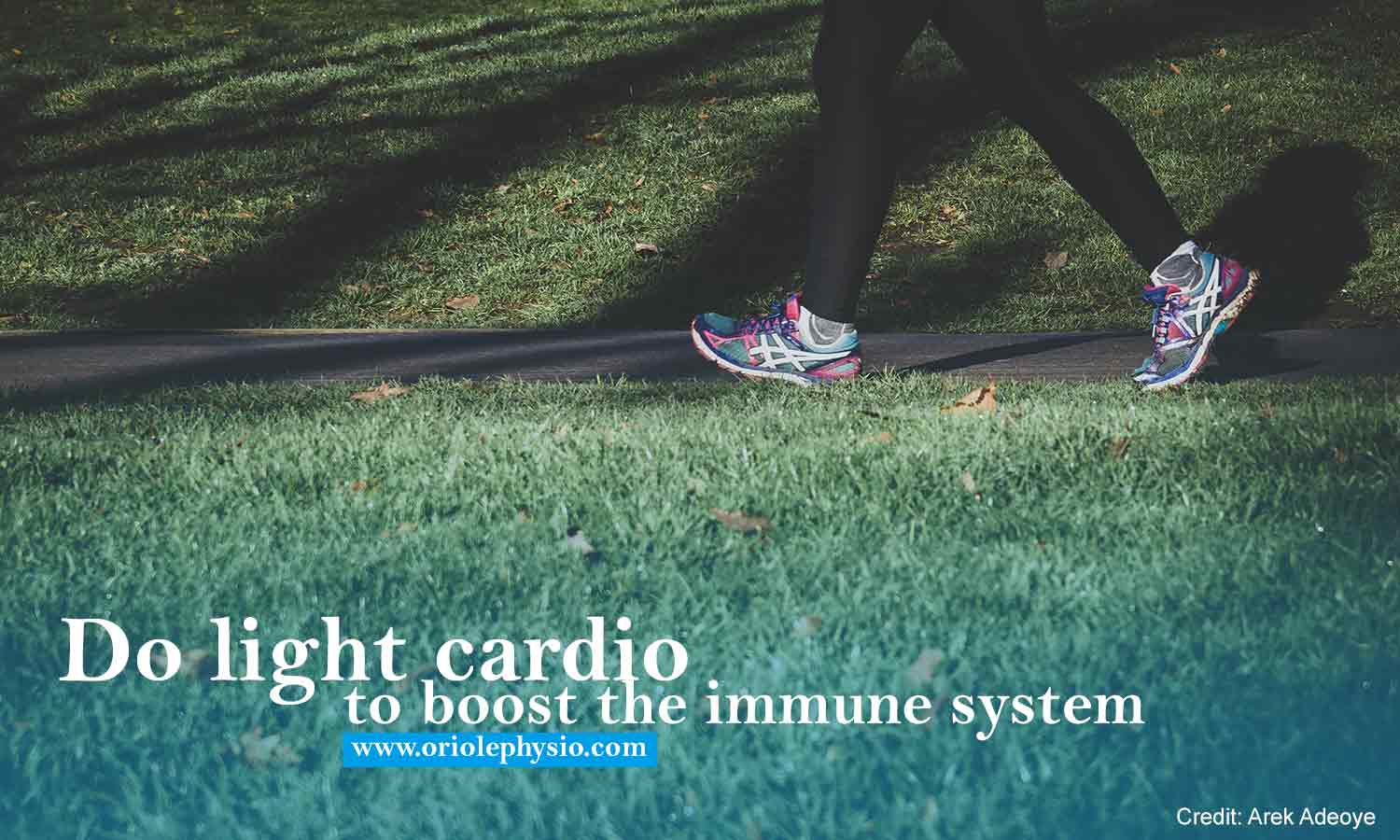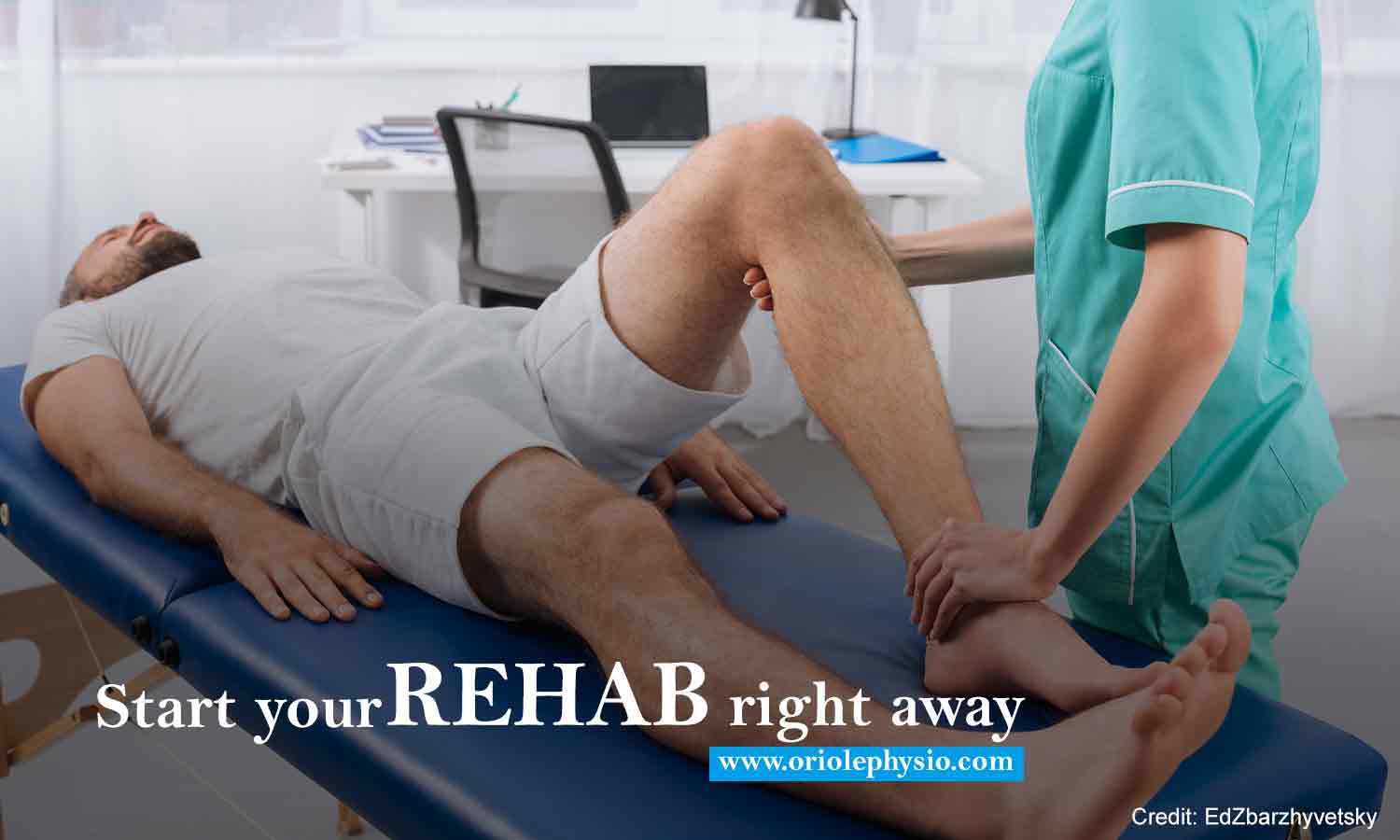How Does Physical Therapy Help with Sports Injuries?
Sports injuries are an unavoidable hazard that comes with playing sports. Whether it’s jogging or weightlifting for personal health or competitive sports, a risk of injury can put a damper on enjoying your activity. In many cases, many physicians will refer you to a physical therapist to help you recover.
Many think of physical therapy as for hardcore athletes or people recovering from surgery or major injuries, and sports therapy and rehabilitation is indeed a great help for recovery. Physiotherapy provides custom-tailored exercises and stretches that can keep your muscles active and healthy. Physio can also be very useful for dealing with repetitive-strain injuries like tennis elbow, shin splints, or even back pain from working at a desk.
With a trained therapist’s help, you can reduce your recovery time, get back in action much faster, and prevent similar injuries from occurring in the future.
What Benefits Can You Get From Physiotherapy?
What, specifically, does physical therapy offer to help you? There are several benefits which can drastically speed up your recovery and help you get back to your previous level of fitness. Some things you can expect from sports injury therapy include:
- Immediate assistance – One good thing about physical therapy is that it can start right away. You can start treatment almost as soon as you receive an injury, allowing you to relieve the pain and start recovery immediately.
- Faster recovery – Taking advantage of sports therapy right away can jump-start the healing process and speed recovery and make a world of difference in helping you get better.
- Targeted rehabilitation – Professional physical therapists have the training and expertise to identify a problem at its source. With the help of a, it’s much easier to target specific areas of weakness in the body.
- Pain management – Physical therapy can help relieve pain and stress from an injury, dramatically improving your quality of life as you recover. Such treatments are an effective option for addressing common sports-related injuries (e.g. tennis elbow).

- Stretching tight muscles and joints – Injuries can impose restrictions on your ability to move due to muscle scarring. Your therapist can guide you toward rebuilding your strength without aggravating your injuries. Physical therapists can provide practical stretching exercises that can help restore full mobility.
- Strengthening exercises – It’s essential to start building up muscle after an injury to recover fully. With an experienced physical therapist’s help, you’ll be able to do that safely and effectively. Your care plan can be customized to help get your strength back and ensure your safety.
- Core strengthening – Core strengthening is a relatively recent, and highly effective, development in the field of physical therapy. Core strengthening exercises focus on building strength in the muscles of the back and pelvis. Increasing the strength and stability of the core helps strengthen your overall health and fitness, making it a must for any athlete. Think of the core like the foundation of a house. A strong foundation makes the house more stable. A strong core helps you resist injury, not to mention improves your performance once you’re fit to exercise again.
- Specialized treatments – Injuries may need specialized treatments to stimulate recovery. For instance, therapies like ultrasound treatments that use high-frequency sound waves to stimulate deep muscle tissues, can increase blood flow to the injury and accelerate the body’s healing process. Depending on your injuries, your therapist may include these treatments as part of your care plan, boosting your rate recovery.
- Surgery augmentation – If surgery is required, physical therapy can show its worth. Physical therapy can help you stay fit prior to surgery, allowing you to recover much faster. For example, surgery scars can impede mobility. Stretching exercises are a great help for maintaining mobility and making sure scar tissue doesn’t get in the way.

- Improving balance – Part of many physiotherapy programs are exercises that carefully challenge your balance. These exercises mimic real-life situations where you’ll need a good sense of balance (e.g. walking up and down the stairs). Therapists can identify any problems affecting your balance and help address symptoms like vertigo, provide exercises to help with coordination, and provide devices (e.g. canes or custom-made knee braces) to assist with walking while necessary.
What Can You Do?
Healing takes time, and that can be a frustrating thing to endure. However, healing isn’t an absolute timer; there are some things you can do to speed things up. Try these techniques at home to give your body a helping hand with recuperating.

- Eat plenty of protein – Protein is the stuff muscles are made of, and adding a little extra protein into your diet will provide your metabolism with the building blocks it needs to rebuild tissue and heal faster. Stick to lean protein (like what you’d eat after a workout) to give your body more stuff to use when rebuilding the injured tissue.

- Get plenty of rest – A good night’s sleep can do wonders for an injured body. Sleep saves more energy your body can use to get better, but it also helps produce more HGH (human growth hormone) that can help the body rebuild the injured tissues. Sneak in a few afternoon naps to get more sleep, and keep the house cool to give yourself higher-quality sleep.

- Do a little light cardio – You can still do a little light exercise while recovering. A brisk walk, for example, can get the blood pumping. This exercise helps boost the immune system and reduce inflammation, making it easier for the body to repair the damage. Low-impact cardio can also reinforce your work on muscle mobility, helping you to maintain the gains you made.
When you’re looking for quality physiotherapy in North York, give Oriole Physiotherapy & Rehabilitation Centre a call. We’re ready to help you get better after traumatic injuries. We offer a wide range of services and personalized, compassionate care to get you back on your feet before you know it. Drop us a line at (416) 221-0772 or visit our contact page to book a session and start your road to recovery.

